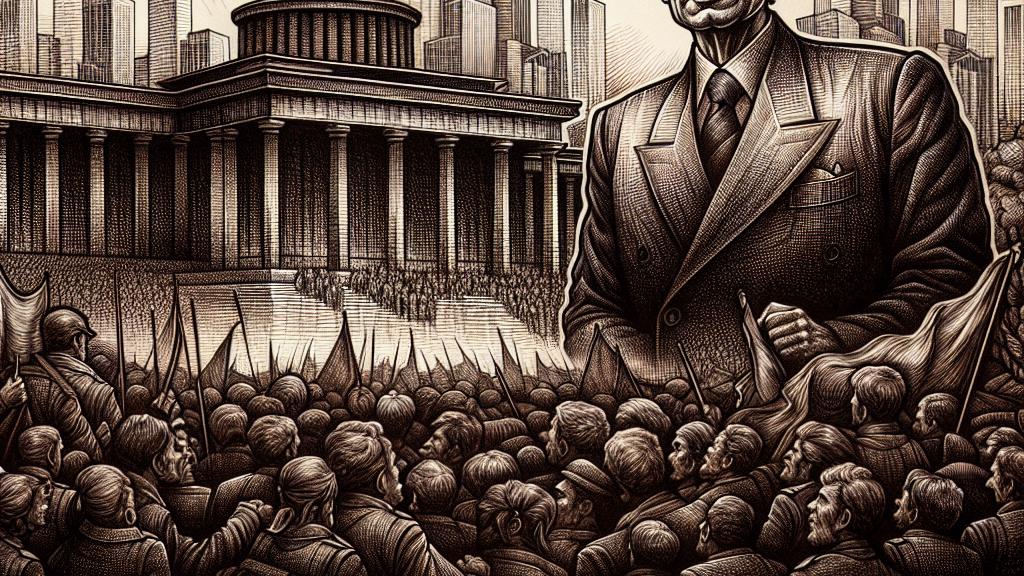DR Congo President Promises Strong Action Against Rebels
Overview
- President Tshisekedi commits to a decisive response to reclaim Goma from M23 rebels.
- The ongoing violence has displaced over 500,000 people, leading to a deepening humanitarian crisis.
- A strong international intervention is urgently needed to restore peace and stability in eastern DR Congo.

A Resolute Stand by President Tshisekedi
In a powerful display of leadership, President Félix Tshisekedi of the Democratic Republic of the Congo (DRC) has announced a firm commitment to combat the advancing M23 rebels who threaten the city of Goma—a place that stands as a symbol of resilience amid turmoil. In a stirring televised address, he referred to the rebels as 'terrorists' and vowed to employ a 'vigorous and coordinated response' to reclaim their territory. This plea resonates deeply with the Congolese people, instilling a sense of unity and purpose. As Tshisekedi boldly asserts, 'We will not be humiliated or crushed!'—a statement that not only calls for resistance but also emphasizes the dignity and pride of the Congolese nation during these trying times.
The Dire Humanitarian Situation
As the conflict intensifies, the humanitarian situation in the region is deteriorating at an alarming rate. Imagine more than 500,000 people forced to flee their homes amidst the chaos, with families seeking refuge in overcrowded camps, often without access to life’s essentials. Goma, once vibrant, now grapples with severe shortages of electricity, clean water, and food, plunging its inhabitants into a harsh daily struggle. Children go to bed hungry, mothers scavenge for basic necessities, and aid organizations warn that the situation is ripe for a humanitarian catastrophe. Recent reports from the United Nations highlight that the potential loss of life and suffering could reach staggering levels if immediate action is not taken. Every day presents a new layer of urgency, urging local and global leaders alike to address this pressing crisis before it spirals further out of control.
The Crucial Role of International Community
In light of these challenges, Tshisekedi's sharp criticism of the international community’s perceived inaction has sparked discussions worldwide. With allegations surfacing that Rwanda supports the M23 rebels, the situation has drawn the attention of East African leaders, who have convened virtual summits aimed at finding peaceful resolutions. However, Tshisekedi’s stated refusal to negotiate directly with the M23 raises critical questions about the effectiveness of these discussions. The international community faces a daunting task: can they provide the necessary support—both diplomatic and humanitarian—to uplift and stabilize the region? A unified response could pave the way for meaningful change, restoring hope and safety to the people of eastern DRC, who yearn for a brighter future free from the shadows of fear and conflict.

Loading...